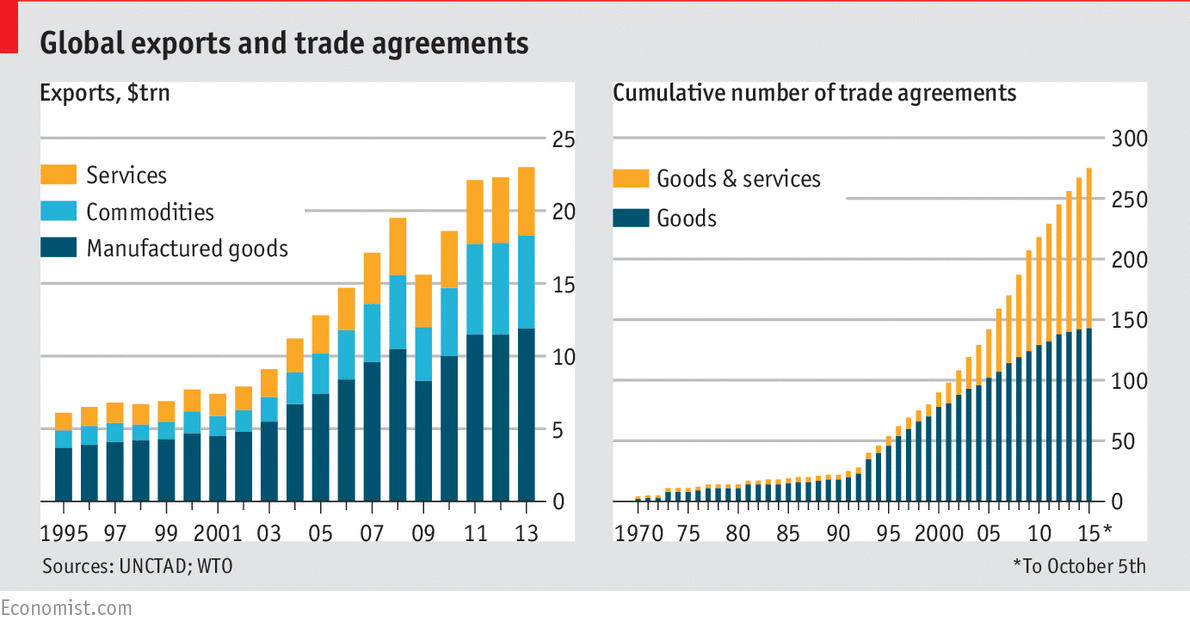Gambling Tax South Africa 2018
You're reading Entrepreneur South Africa, an international franchise of Entrepreneur Media.
South Africa is on track in meeting the minimum standards set out in the 15 action items of the OECD base erosion and profit shifting project. 9 Carbon Tax A revised Carbon Tax Bill will be published for consultation in 2017. 10 National Gambling Tax A National Gambling Tax Bill and a National Gambling Tax Administration Bill will be tabled in. South African gambling market. FIFA World Cup will have an adverse effect on the market. A further increase in sports betting of 36.6% is expected in 2018, associated with the next FIFA World. Although there was a modest improvement in domestic growth to 1.3% in 2017, growth for 2018 and 2019 was again subdued at 0.8% and 0.2% respectively. In March 2020, the South African Reserve Bank (or the 'SARB', South Africa’s central bank) forecast growth for 2020 of 0.2%. Cape Town - Those who rake in gambling winnings of over R25 000, including payouts from the National Lottery, will from next year have to pay a 15 percent withholding tax, the Minister of Finance Pravin Gordhan announced in his Budget Speech on Wednesday.
South African organisations continue to report the highest instances of economic crime in the world with economic crime reaching its highest level over the past decade, according to PwC’s biennial Global Economic Crime Survey.
South African organisations that have experienced economic crime is now at a staggering 77%, followed in second place by Kenya (75%), and thirdly France (71%). With half of the top ten countries who reported economic crime coming from Africa, the situation at home is more than dire.
The Global Economic Crime and Fraud Survey examines over 7200 respondents from 123 countries, of which 282 were from South Africa.
The rise of economic crime
Trevor White PwC Partner, Forensic Services and South Africa Survey Leader, says: “ Economic crime continues to disrupt business, with this year’s results showing a steep incline in reported instances of economic crime. At 77% South Africa’s rate of reported economic crime remains significantly higher than the global average rate of 49%. However, this year saw an unprecedented growth in the global trend, with a 36% period-on-period increase since 2016.”
Economic crime in South Africa is now at the highest level over the past decade. It is also alarming to note that 6% of executives in South Africa (Africa 5% and Global 7%) simply did not know whether their respective organisations were being affected by economic crime or not.
While the overall rate of economic crime reported was indeed the highest for South Africa, the period-on-period rate of increase for South Africa and Africa as a whole was below that of our American, Asian and European counterparts.
Global indicators of a rise in economic crime
From a regional perspective, the biggest increase in experiences of economic crime occurred in Latin America, where there was a 25% increase since 2016 to 53% in respondents who indicated they had experienced economic crime. The US was a close second with a 17% increase over 2016 to 54% of respondents, while Asia Pacific and Eastern Europe experienced increases of 16% and 14%, respectively.
Asset misappropriation continues to remain the most prevalent form of economic crime reported by 45% of respondents globally and 49% of South African respondents. While the instances of reported cybercrime showed a small decrease in the South African context (29% in 2018 versus 32% in 2016), it retained its second place in the global rankings (31%) albeit at a lower rate of occurrence than 2016.
One of the new categories of economic crimes was that of “fraud committed by the consumer”.
It is the second most reported crime in South Africa at 42% and takes third place globally at 29%. This was followed closely by procurement fraud (39% in South Africa versus 22% globally). This indicates that the entire supply chain in SouthAfrica is fraught with criminality.
When combined with the high instances of bribery and corruption reported (affecting more than a third of organisations at 34%), the resultant erosion in value from the country’s gross domestic product (GDP) is startling. Accounting fraud, which is usually perpetrated by senior management and results in the largest losses, increased from 20% to 22%.
Accountability of the board
Accountability for fraud and economic crime has moved into the executive suite, with the C-Suite increasingly taking responsibility, and the fall, when economic crime and fraud occur.”
The survey shows that almost every serious incident of fraud has been brought to the attention of senior management (95%).
85% of South African respondents indicated their organization had a formal business ethics and compliance programme in place.


In addition, 20% of local respondents indicated that the CEO (who is part of the first line of defence) has primary responsibility for the organisation’s ethics and compliance programmes, and is therefore more instrumental to the detection of fraud and the response to it.
The title says it all, but we’ll say it again, should a punter pay tax on his / her gambling winnings in South Africa? Well you’ve come to the right place to have that question answered. This is our guide to Gambling Tax South Africa
Before we get started we’d like to say we are not tax lawyers or accountants so please do your own research if you are making enough money that you think you should be paying tax. This post is meant as a guide for those who think they should and would like to do the right thing.

Gambling Tax in South Africa

Lottery winnings
Lottery wins are not included in an individuals taxable income and are generally exempt from taxes. You would need to declare the winnings to Sars however. They won’t tax it but they’d like to know about it!
Gambling winnings
We’re sure this is the reason why you are here. Gambling winnings and tax can get a bit murky and complicated so we’ll try keep it simple. We’re going to group winners into two different camps, the first being Joe Public who bets / goes to the casino every so often as a hobby and John Sharp who is a professional gambler who spends all his time playing poker and sipping cocktails at Kenilworth racetrack and is paying Gambling Tax.
Joe Public has a job and only gambles for fun and to try make some extra money. Joe is basically the majority of the gambling / betting population. He’ll have a few wins and lots of losses and won’t make enough to get SARS interested in taxing him. Now there are circumstances where Joe might have won R300000 on a pick 6 / blackjack and he is worried that the taxman will come chasing him for some Gambling Tax.
Fear not Joe, you are safe. SARS treats Joe Public’s winnings like it treats Lottery winners winnings as “It’s not a scheme of profit making”. Which means Joe Public will not have to pay tax but he should declare the winnings to SARS. Now if Joe keeps winning and decides that he can make money out it then he becomes John Sharp.
John Sharp is only in the business to make money off the casinos, bookies and dice rollers in his local alley. Because his business (well personal business) is to make money this makes him a Professional in the eyes of the Taxman, so what does this mean for John and the R200000 he won at Kenilworth thanks to a tip from his uncle? Well it mean’s he is going to have to declare those winnings making them subject to normal tax, on the bright side he can also claim losses on his tax which does make things a bit fairer.

Full time gamblers pay tax
For those of you who are full time punters / gamblers and are making a profit you should be declaring this to SARS and you will be taxed accordingly. These scale on what your income tax scales so you’ll need to refer to the SARS website for more details on what exactly one would need to pay if they profited R10000 or R1000000 in one month. You’d obviously pay more the more you profit.
We hoped this article was helpful and if you’d like more detailed information then we’d suggest giving your account a shout and he’d be able to explain things in more detail. Otherwise best of luck Joe and John, I hope you guys walk out with a healthy profit.
For more information please see the SARS website.